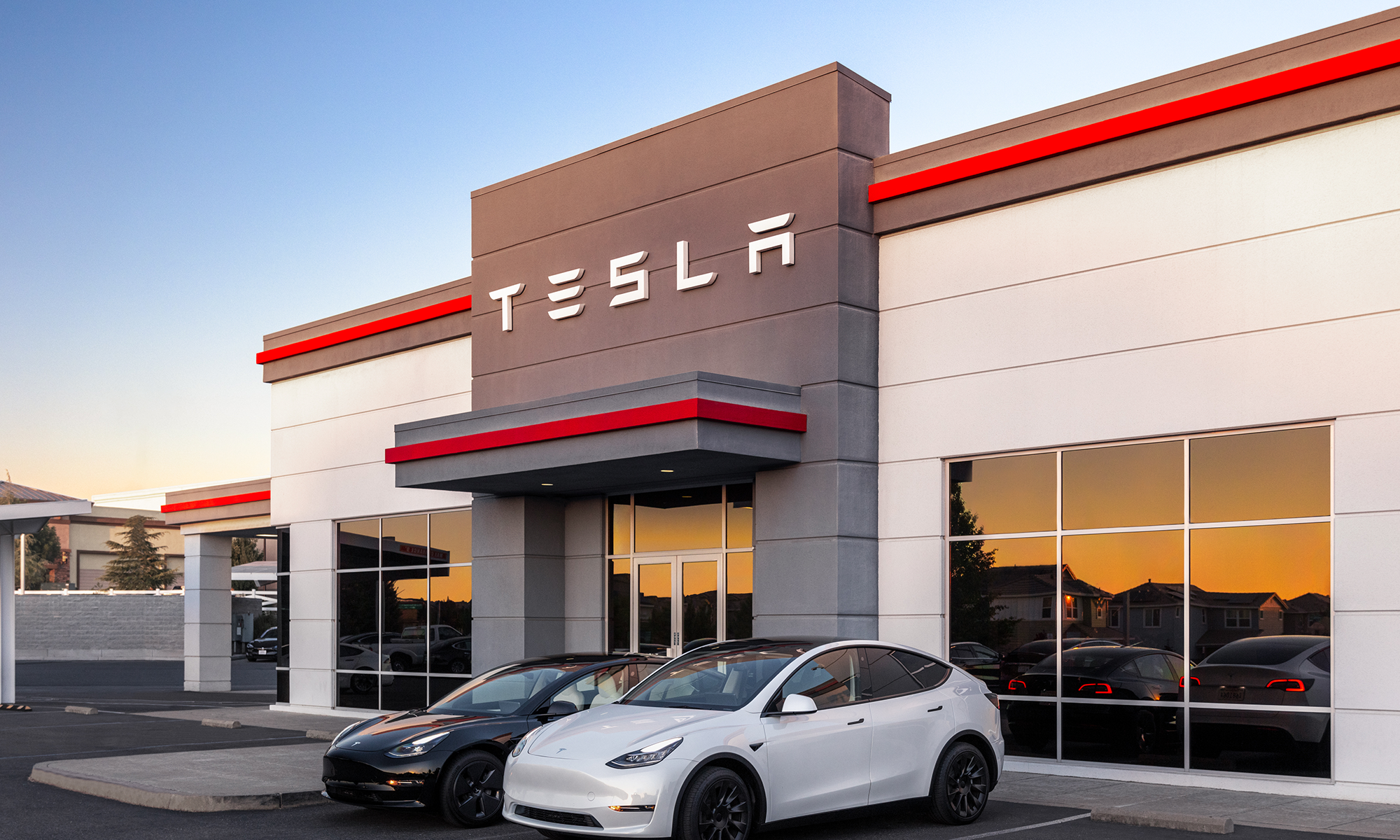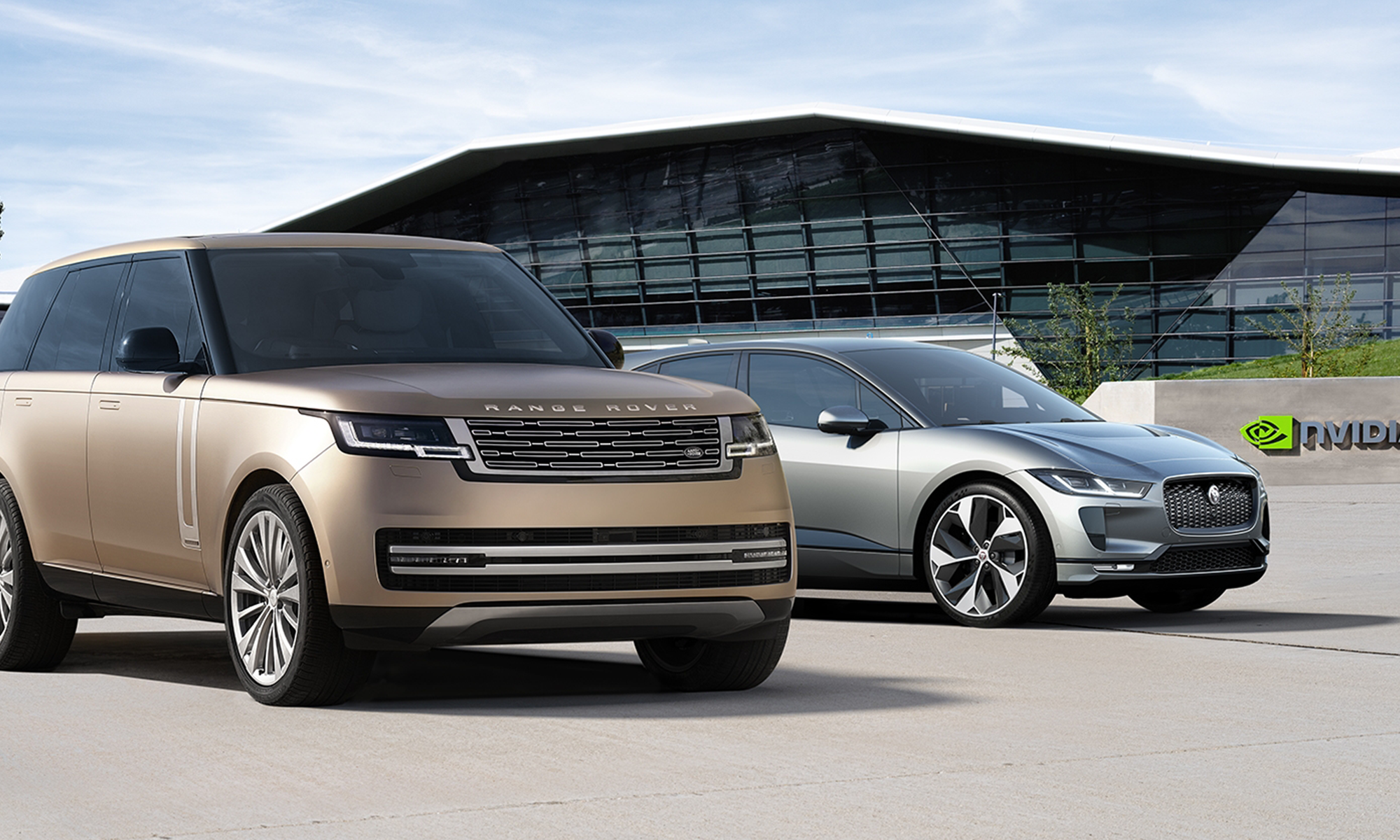If you knew of a technology that had the potential to become a $77 billion market in less than 20 years, will become nearly ubiquitous in the coming decades, and has the ability to transform an entire industry (or a few), it'd be pretty difficult to turn a blind eye to it. That's why it's important for investors to spend some time considering autonomous-car technology and, more importantly, know which companies are rising to the top of this growing industry.
Sure, we're still years away from seeing autonomous vehicles on a daily basis, but Tesla (TSLA 0.04%), Intel (INTC 17.03%), and Delphi Automotive (DLPH +0.00%) are making their moves now -- and investors should pay attention. Here's why.

Image source: Getty Images.
Tesla
This one may seem like a no-brainer, although of course there are other automakers (even 100-year-old ones) that are doing a lot in the semi-autonomous space. But Tesla is a standout here because it continues to push the boundaries of driverless capabilities, and has car technology that I think will continue to serve the company well for years to come.
For example, Tesla's semi-autonomous Autopilot feature is capable of driving the company's vehicles on the highway (maintaining speeds and distance from other vehicles, overtaking cars, making lane changes, and staying in its own lane). That isn't all that different from what other automakers are doing in some of their new vehicles, but Tesla is far more comprehensive in its autonomous approach.
Consider that all new Tesla vehicles come with all the sensors, cameras, and other hardware needed for full autonomy. What other automaker can claim that? Spoiler alert: none. This means that as Tesla's vehicles learn more about driving themselves, Tesla will be able to release software updates directly to its vehicles (for a price, of course), to give them increasing amounts of autonomy.
Tesla has even talked about how its customers will be able to rent out their autonomous Tesla cars when the vehicles aren't being used. CEO Elon Musk has said the company will perform a real-world coast-to-coast test of its fully autonomous system before the end of the year, which could help prove that its vehicles are indeed getting closer to full autonomy. But even if that demonstration gets delayed, as Tesla deadlines sometimes do, don't take it as a setback. The company's Autopilot feature and its decision to put fully autonomous hardware in all Tesla vehicles mean it is well on its way to an autonomous-car future.
Tesla's stock isn't without its faults, of course. The company's shares aren't cheap, and Tesla is still trying to nail down the manufacturing process for its new Model 3 so it can improve its delivery schedule. But remember that Tesla is still a young company compared to its peers, and it's more than proven itself as a capable competitor.

Image source: Tesla.
Intel
I know that Intel may not be the most obvious choice for an autonomous-car stock right now, but hear me out on this one.
Just a few months ago, Intel revealed that its processors are powering the driverless-car technology inside Alphabet's Waymo vehicles. You may remember that Waymo is the newly created company that used to be known as Google's Driverless Car Project.
Waymo currently has 600 self-driving Chrysler Pacifica minivans on the road right now; some of them are even being used in public tests in Phoenix. Intel's chips process the information from the sensors in those vehicles, and compute all their self-driving tasks; they are used in wireless-connectivity features as well.
That's a big deal for Intel because rival NVIDIA grabs most of the headlines about autonomous-vehicle chips these days, and, more importantly, because Waymo has some of the most advanced driverless-car tech on the road.
But that's not the extent of Intel's autonomous car opportunities. Intel paid $15 billion earlier this year to acquire a company specializing in advanced driver-assistance systems (ADAS), Mobileye. ADAS are the features in new vehicles that allow them to automatically brake in an emergency and to stay in their lanes when on the highway, and Mobileye holds 60% of that market right now. With that one purchase, Intel quickly became a key player in semi-autonomous driving.
Even with its share-price gains over the past year (shares are up more than 25%), Intel's shares still look relatively cheap at just 13.7 times the company's forward earnings. Intel has already proven that its chips can be the backbone of autonomous-vehicle technology through its Alphabet partnership, and its purchase of Mobileye should help solidify Intel in this space for years to come.
Delphi Automotive
Last, but not least, is the giant automotive supplier Delphi. This company is the midst of some huge changes, revolving largely around driverless-car technologies.
Just two years ago the company made an acquisition that gave it access to some much-needed driverless-car software. It was a solid acquisition at the time, and it helped the company make the announcement that it will release a Level 4 autonomous-driving system by 2022, in partnership with Mobileye.
That was an important step in and of itself. But the company took its autonomous-driving software ambitions one step further last month, when it announced that it was buying start-up nuTonomy for $450 million. The start-up specializes in artificial intelligence for self-driving cars, which will add a layer of sophistication to Delphi's current software.
All of this means that Delphi will soon be able to sell one of the most advanced autonomous-car software solutions to automakers. That's important, because any automaker looking for semi-autonomous and autonomous capabilities for its vehicles over the next few years could just order what it needs from Delphi, instead of building its own.
Investors should also know that early next year, Delphi's autonomous-driving technology will be spun off into a new company called Aptiv (expected to trade under the ticker APTV).
If you're just getting started investing in driverless cars, these three companies are a great place to start. Each is poised to dominate autonomous vehicles in a very different way, but all should see much more growth as the driverless-car market takes shape.







